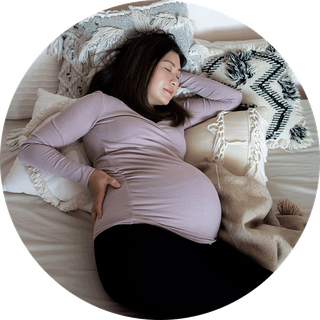Signs of going into labour
If you think you're in labour and you're not sure what to do, contact the maternity unit or your midwife about your symptoms.
Signs that labour has begun
There are several signs that labour has begun, including:
Find out what happens during labour and birth, and what you can do for pain relief in the early stages of labour.
When to call your midwife or maternity unit
Call your midwife or maternity unit for guidance if:
- you think you’re in labour
- you’re having regular contractions coming every 5 minutes or more often
- you’re unsure or worried about anything
Call 111 if you’re unable to contact your midwife or maternity unit.
Call your midwife or maternity unit urgently if:
- your waters break
- you have vaginal bleeding
- your baby is moving less than usual
- you're less than 37 weeks pregnant and think you might be in labour
- any of your contractions last longer than 2 minutes
- you're having 6 or more contractions every 10 minutes
These signs mean you need to see a midwife or doctor. Do not wait until the next day – call immediately, even if it's the middle of the night.
Call 111 if you’re unable to contact your midwife or maternity unit.
Call 999 and ask for an ambulance if:
- you think your baby is coming now and you have a strong urge to push
Tips for early labour
Try these tips to ease you through the early stage of labour:
- sleep or rest when you need to, the more energy you have for your labour the better
- if you feel like moving around, have a gentle walk outside or around the house
- have a warm bath or shower – warm water can help ease the pain of contractions
- practise your breathing techniques - deep breaths in through your nose and out through your mouth
- keep up your energy levels up with healthy snacks
Above all, listen to your body and do what feels right for you.

